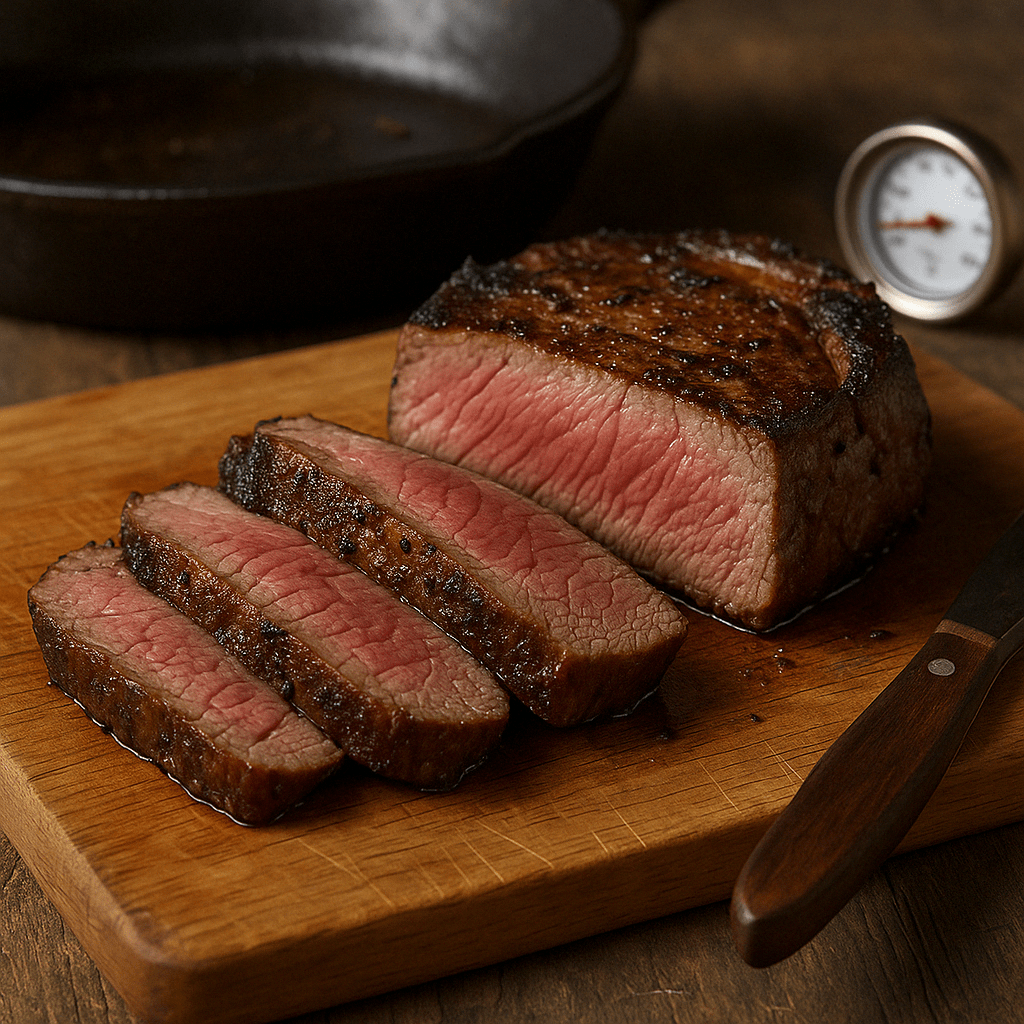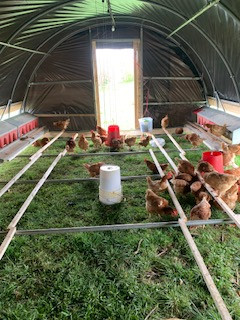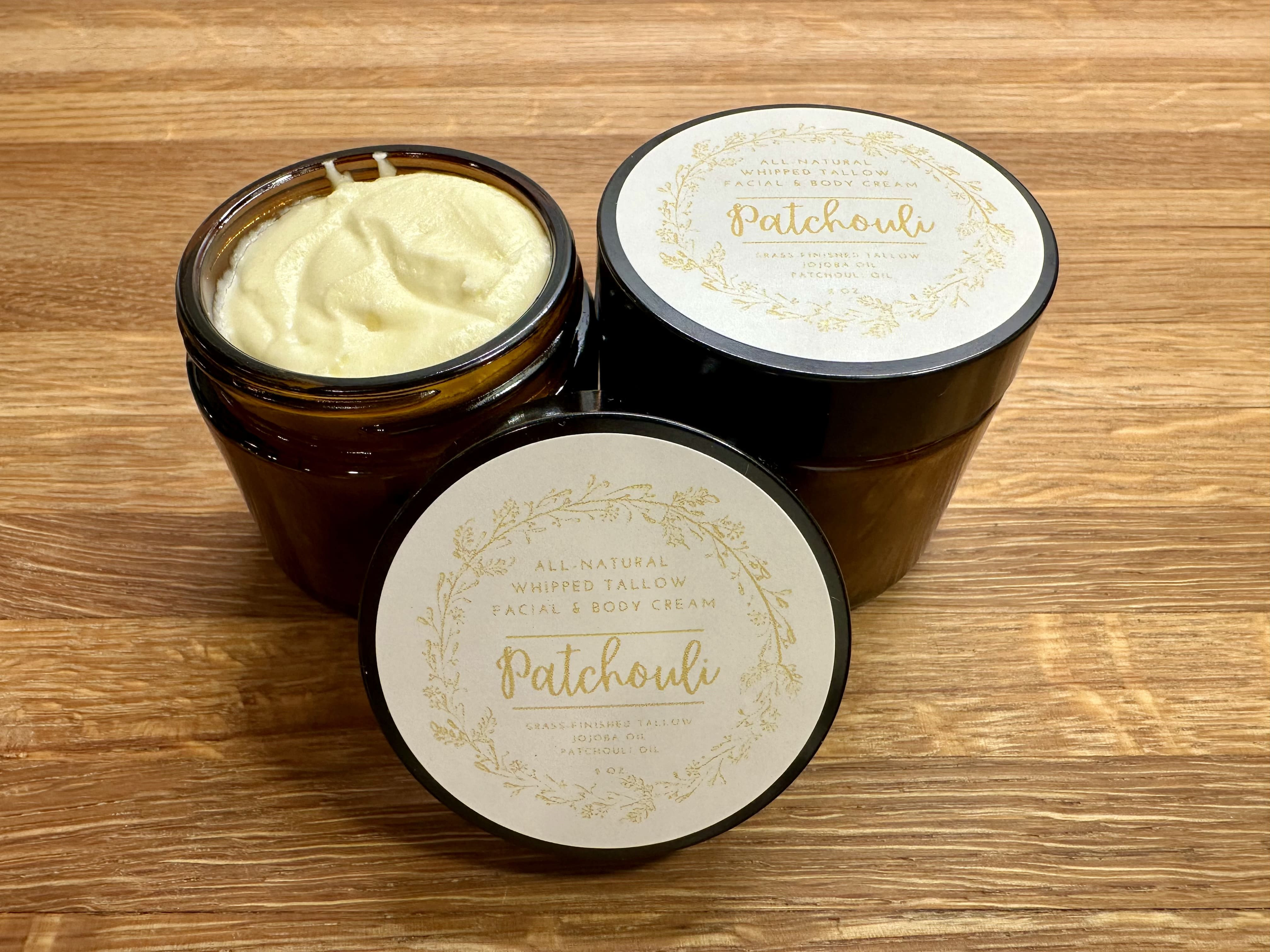Pasture Raised or organic what's the difference?
posted on
February 4, 2024
In recent years, the conscientious consumer has become increasingly aware of the importance of understanding food labels and sourcing practices. Two terms that often appear on our grocery shelves, sparking curiosity and raising questions, are "organic" and "pasture-raised." While both claim to offer a more ethical and sustainable approach to farming, they represent distinct concepts. In this blog post, we'll delve into the key differences between organic and pasture-raised, shedding light on the nuances that can guide you toward more informed food choices.
Organic
When an organic label is placed on an egg carton it means a few things. It signifies that the food has been produced without synthetic pesticides, herbicides, and antibiotics. The focus is on cultivating a system that works with nature by reducing the number of synthetic inputs. This can be a great thing but more times than not it's not exactly what you might think. Greenwashing is a term used nowadays throughout the grocery store isles. By showing the picture of the iconic red barn on the carton you might believe that the hen that laid the egg is running through ankle-high grass chasing bugs. Think again oftentimes the hens are still housed in large chicken houses and if given outdoor space it's only around 2 square feet per bird.
Pasture Raised
On the other hand, pasture-raised refers specifically to the living conditions of livestock, focusing on their access to natural grazing and open spaces. Animals raised in pasture-based systems are given the opportunity to roam freely, engage in natural behaviors, and consume a diet that aligns with their evolutionary needs. This method is often associated with healthier and happier animals, producing eggs with higher nutritional benefits. Going back to our example from earlier about outdoor space our pastured hens have more than 20 square feet per bird and they are being rotated every few days. For this reason, we like to think pasture-raised is beyond organic.
In the pursuit of ethical and sustainable food choices, consumers are faced with the challenge of navigating the complex landscape of labels and certifications. While both organic and pasture-raised systems aim to address various concerns in modern agriculture, they represent distinct aspects of farming practices. Understanding the nuances of each allows consumers to make informed decisions that align with their values. Ultimately, the conscious consumer can strike a balance that supports both ethical farming practices and personal health.






